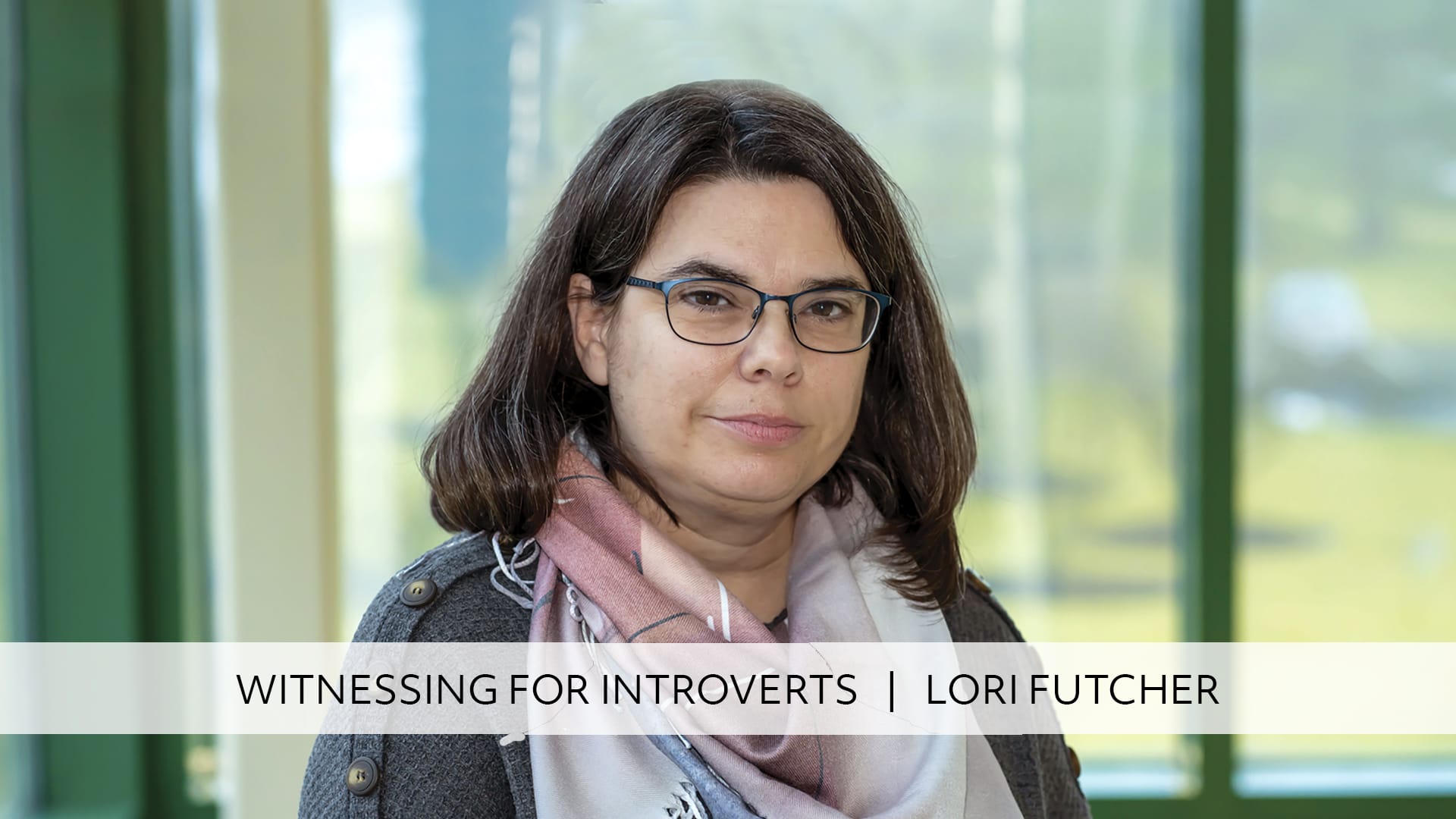
This is the first column I’ve written since becoming a middle-aged orphan. I’ve learned that it’s a disorienting experience to face the challenges of life without the people who first introduced me to the world.
For this column I’d like to do something a little different. I’d like to widen the definition of witnessing just a bit to include our ministry to our fellow church members as well as those outside the church and provide you with my manual on how to support someone who is grieving. The ideas in this manual come from real-world experiences of those who have been kind enough to support my family in our grief, even when their introverted natures may have tempted them to do otherwise.
Be present. It was a Sabbath afternoon a few weeks after my mother’s death. I was visiting with my dad in his living room when Ray dropped by. Ray was a quiet man married to an outgoing woman, but his wife was not with him. He came in and sat across from my dad, saying nothing. Slowly he joined in on our conversation. When he left, our hearts felt warm. A visit from anyone would have been welcome, but knowing this man had stretched himself outside his normal comfort zone to sit with my dad meant more than we could express.
Share a memory. Of all the condolences I received when my mother died, the ones that affected me the most were those in which people told me something they remembered about her. My pastor recalled her smile. Several women told me how she’d looked out for them when they were in college, sometimes taking them shopping or providing them with gift baskets. Their stories made me want to continue her legacy.
Invite them to talk. Twelve years later my dad’s death had me grieving in a different way. I had moved to a new community and was no longer surrounded by people who could share stories. I felt lonely in my grief. Then I logged in to my online class. My professor knew of my father’s death, but he did not know my father. Before jumping into the agenda for the evening, he created a space for me to share. He invited me to speak with words almost anyone can say, no matter how introverted they are, no matter how well they know the one who passed: “Tell me about your father.” As I spoke, the lonely part of my grief faded.
Write a letter. This week I received an unexpected letter. It was from a distant colleague of my father’s. The letter’s author started by expressing appreciation for the work I had done when part of the community (commenting specifically on my smile, which I must have inherited from my mother). Then he went into great detail regarding his interactions with my father, telling me things I never knew about my dad, but so greatly appreciated learning. The letter was such a gift. It lifted my spirits and gave me something I can keep for future generations to learn about their ancestor. Thank you to everyone who stepped forward to support me and my family in our different grief journeys. Your actions helped make the journey easier, and you taught me how I can be there for others when they experience their own grief. As all of us well-intentioned introverts learn from what your actions have taught us, maybe we can move one step closer to being the compassionate community Christ calls us to be.